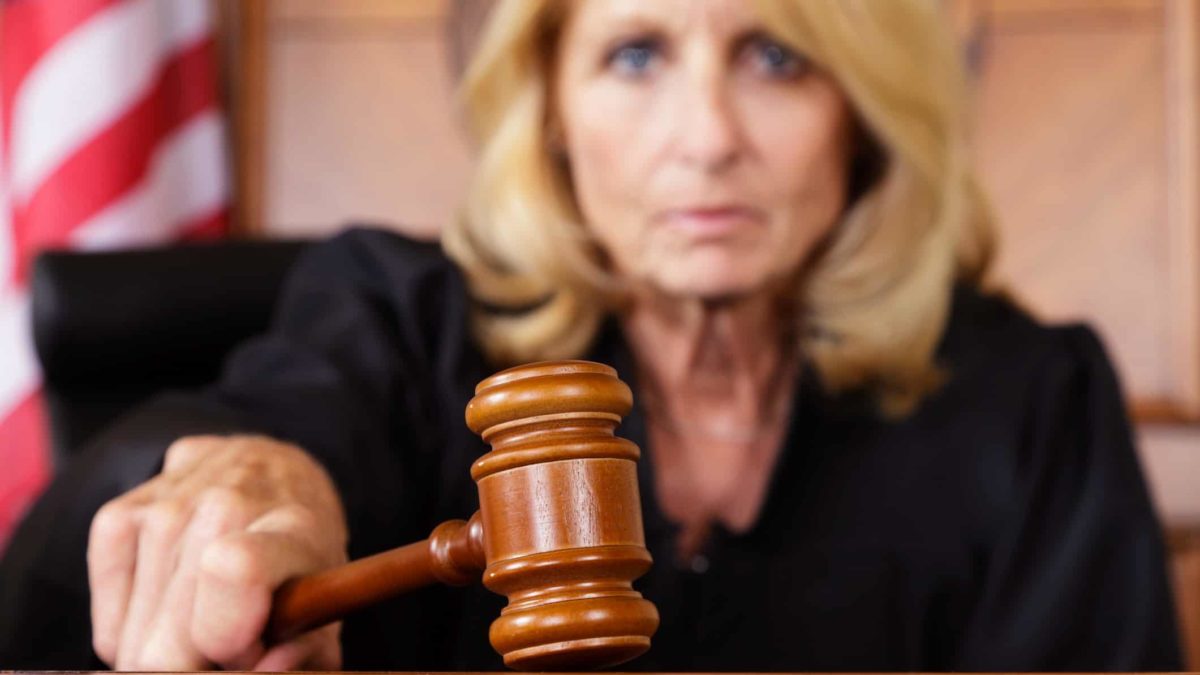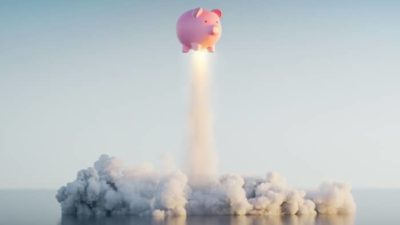This article was originally published on Fool.com. All figures quoted in US dollars unless otherwise stated.
Exciting news dropped over the last couple of days when Elon Musk officially announced he intends to back away from his Twitter (NYSE: TWTR) buyout deal. Musk's lawyers say the company has refused to give them proper information regarding how many Twitter accounts are bots, meaning it broke its contractual obligations.
The main accusation is that the percentage of spam bots among the monetizable daily active users (mDAUs) is materially higher than the 5% number Twitter purports in its financial documents. Immediately after the announcement from the Musk team, Twitter's board chair Bret Taylor tweeted (of course) that the company plans to take Musk to court to legally force him to close the deal at the agreed-upon price.
Here are two reasons Elon Musk will be legally forced to close the Twitter deal, and why he might slither out unscathed.
1. The bots are not a legitimate excuse
According to the letter Musk's lawyers released, his main complaint is that Twitter's bot problem is much worse than the company claims. If true, this would obviously be a huge problem, especially because Twitter's main business is to sell advertisements to these users. Advertisers wouldn't be very happy if it turned out a ton of them were fake.
While definitely a concern in a vacuum, it doesn't seem likely this accusation will enable Musk to break off a signed merger agreement. For one, Musk clearly knew about the bot problem before he made the offer to Twitter -- it was one of the reasons he wanted to buy the company in the first place. His account has a history of bots responding to his tweets trying to defraud people with cryptocurrency scams, so it is not like he was unaware of the problem.
Second, this was something a potential buyer is supposed to do before signing a deal. If you sign a contract to purchase a house at a certain price before going to inspect it in person, but then find cockroaches all over the place, you can't just renege on the deal because you feel stupid. The Delaware Court (where the legal battle is set to take place) will likely rule the same way with Musk unless evidence materializes that a huge portion of Twitter's active accounts is fake.
2. Historical legal precedent
Speaking of legal rulings, there are prior court cases that can guide us on what the Delaware Court may rule in this case. In 2000, Tyson Foods agreed to buy another food producer called IBP Corporation. When the market and economy went into a downturn in 2001 and 2002, Tyson tried to get out of the deal because it argued it had gotten misleading information about IBP's business. Sound familiar?
The court argued that Tyson had to go through with the deal. The Tyson-IBP case has been a landmark decision, guiding companies, shareholders, and judges in deciding whether a merger agreement has to go through. With this in consideration, Musk will have to bring some incredibly compelling evidence to convince the Delaware Court to side with him on this case.
Why Musk still might win
Don't think this is a cinch for Twitter just yet. Anything and everything can happen in a legal battle, and there's a reason Twitter's stock trades below $37 a share when the proposed buyout was at $54.20. Musk's team could find evidence that Twitter has been defrauding investors for years by lying about its bot problem. How likely is this? I'm not sure. But it definitely isn't zero.
Investors should also consider Musk's past history with the law. The Solar City deal, the fake take-private announcement for Tesla, and the one-million robotaxi claim have skirted, if not passed, the line of what is legal or not in the business world. Even if the precedent is for the court to rule against Elon Musk, it might not matter, because the man always seems to get what he wants.
Get your popcorn ready. The troubled Twitter takeout is shaping up to be one of the biggest legal battles in business history.
This article was originally published on Fool.com. All figures quoted in US dollars unless otherwise stated.









